In this article for Norwegian national daily Aftenposten, Statoil CEO Eldar Sætre explains how the company is putting its weight behind the Paris Agreement and seizing the opportunities presented by changes in global energy markets. “We must be part of the response to the challenges facing the world,” he says.
By Eldar Sætre, President and CEO.
To succeed over time, the internal pace of change in a company must exceed the rate of change externally. Statoil is no exception, and three areas are important:

We will produce oil and gas that the world needs, competitively and with lower greenhouse gas emissions.

We will grow significantly within renewable energy with an ambition to invest around NOK 100 billion over the next few years.

We will actively stress-test our business to ensure that we are competitive in a low-carbon future.
Statoil has created substantial value and contributed to the development of society for almost 50 years. Today we supply energy to more than 170 million people.
Statoil’s strategy describes our development from a focused oil and gas company to a broad energy major. We are well underway, and the pace of change is faster than perhaps ever before. This is necessary, not temporary, and the pace of change will accelerate going forward. Some people will always argue that the rate of change is too slow, but compare this to maneuvering a supertanker: sudden movements may be too hasty and risky, but constant adjustments to your course enable you to end up in a different place than if you had continued going straight ahead.
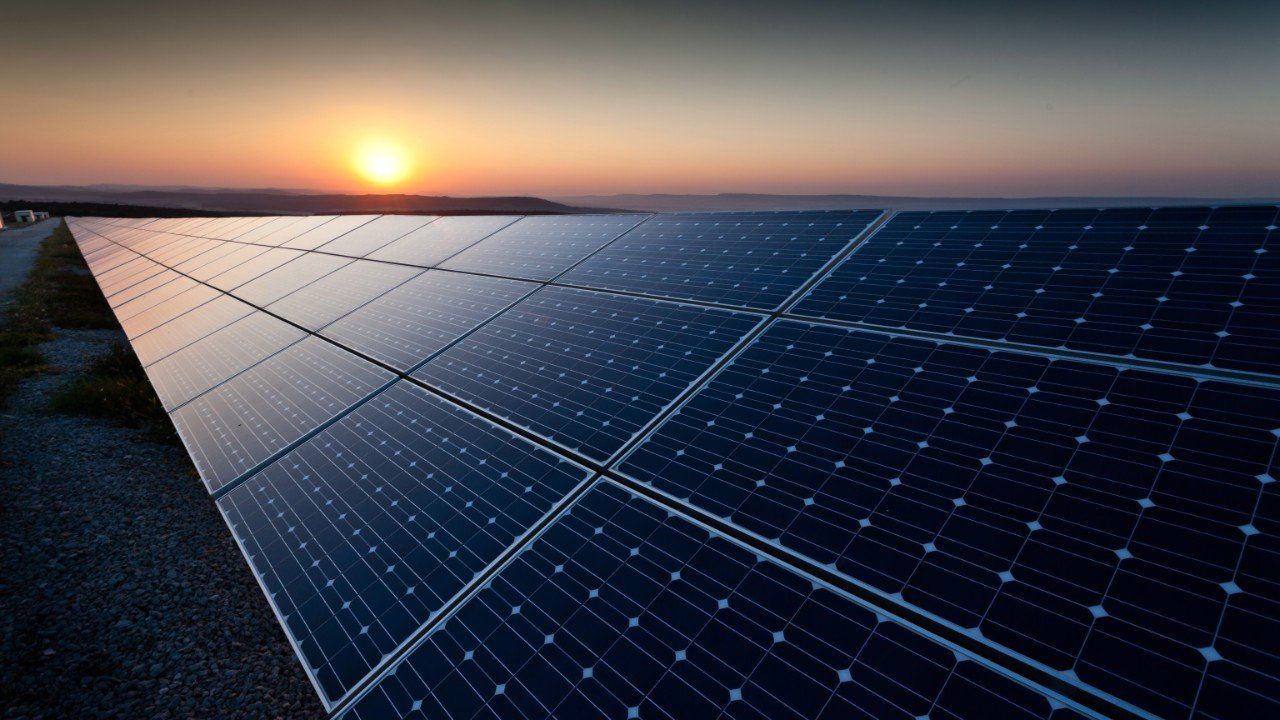
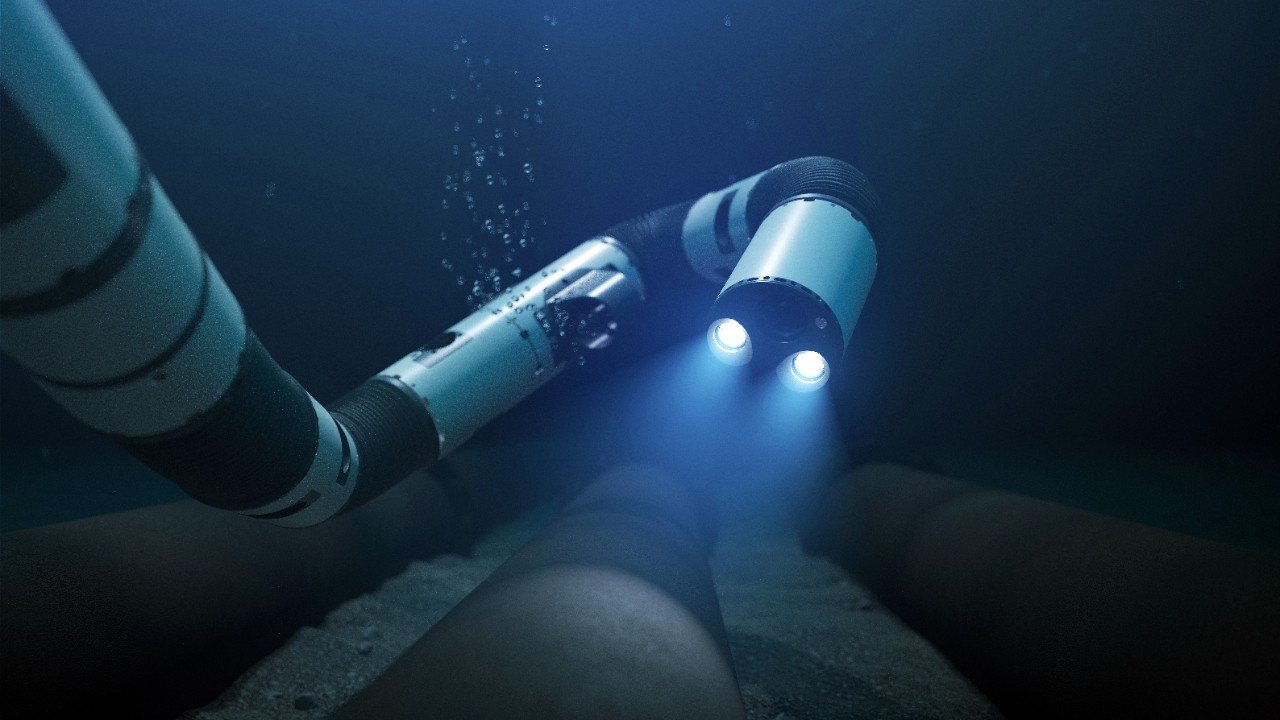 A technological shift that will change our industry forever is now underway. Over the next three years, Statoil will invest NOK 1 to 2 billion in gaining a global leadership position within digitalization.
A technological shift that will change our industry forever is now underway. Over the next three years, Statoil will invest NOK 1 to 2 billion in gaining a global leadership position within digitalization.A DRIVER FOR CHANGE
The global energy markets are facing major changes. Statoil believes this to be an opportunity. We aim to help drive the important changes the world needs: more climate-efficient oil and gas production and strong growth in profitable renewable energy.
To achieve the goals of the Paris Agreement, demand must be reduced, and substantial fossil fuel resources will have to be left in the ground. First and foremost coal, but also oil and gas. It matters which resources are produced, how they are produced, and what is left in the ground. We rely on new low-emission production to avoid alternative production with high emissions. That’s why it is important that we continue to make profitable discoveries that can be produced with low emissions. As we do in Norway.
Statoil is not exploring for heavy oil, nor will we consider entering oil sands resources. We aim to find and produce new resources with ever-lower carbon emissions. We are a global leader in this area. If we fail to meet oil demand with low-carbon production, it will be harder to achieve the Paris goals.
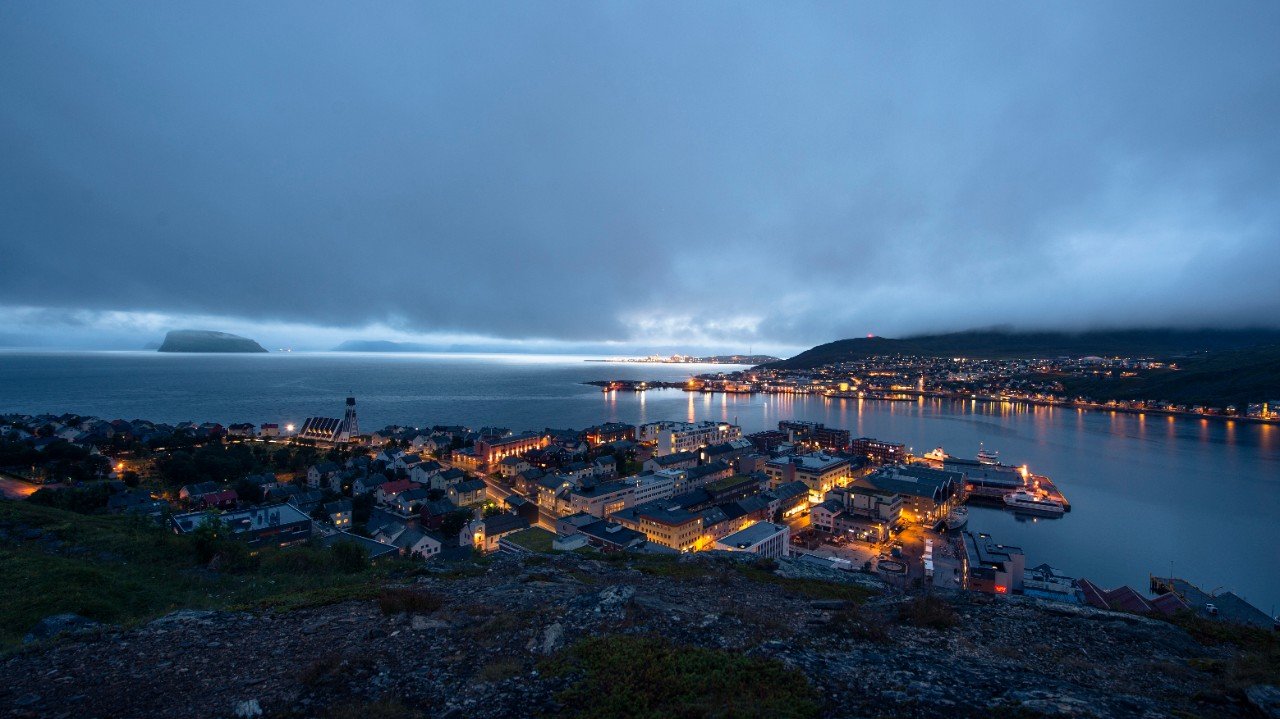 Hammerfest city by night. Statoil has created substantial value and contributed to the development of society for almost 50 years.
Hammerfest city by night. Statoil has created substantial value and contributed to the development of society for almost 50 years.
WHAT IS OIL USED FOR?
A growing number of people are switching to electric cars, especially in Norway, but also in other countries. This is positive but makes it even more important to avoid coal in electricity production. Electrification of private cars can happen fast, while it may take longer to find alternatives for the growing road transport, shipping, and air travel sectors. Oil demand from petrochemical and other industries will also increase, and we will all remain dependent on services and products made from oil and gas. Various types of fuels account for just over half of oil consumption, while the rest is used for products and services we all use, and where demand is on the increase: heating, plastic products, medicines, detergents, asphalt, clothes, fertilizers, to name but a few.

STRONG GROWTH IN RENEWABLE ENERGY
In Statoil, the process of establishing renewables as an important and profitable part of our business is well underway. We started with offshore wind. Our projects provide reasonable returns for us and are on track to deliver renewable power to more than one million households in Europe.
This autumn our first floating wind farm will come on stream offshore Scotland. This has generated positive media coverage across the world, because of its potential to unlock opportunities in areas too deep for bottom-fixed wind turbines. Again, we are global leaders, with the technology being derived from our experience from floating oil installations, and many of the deliveries are from the Norwegian supplier industry.
Recently, we made our first investment in solar energy with Scatec Solar in Brazil. A small step that we hope will form the basis of a new growth area for Statoil.
Our ambition is to invest around NOK 100 billion in new renewable energy towards 2030. There will be no lack of willingness to invest. The challenge is to find good and profitable industrial projects.
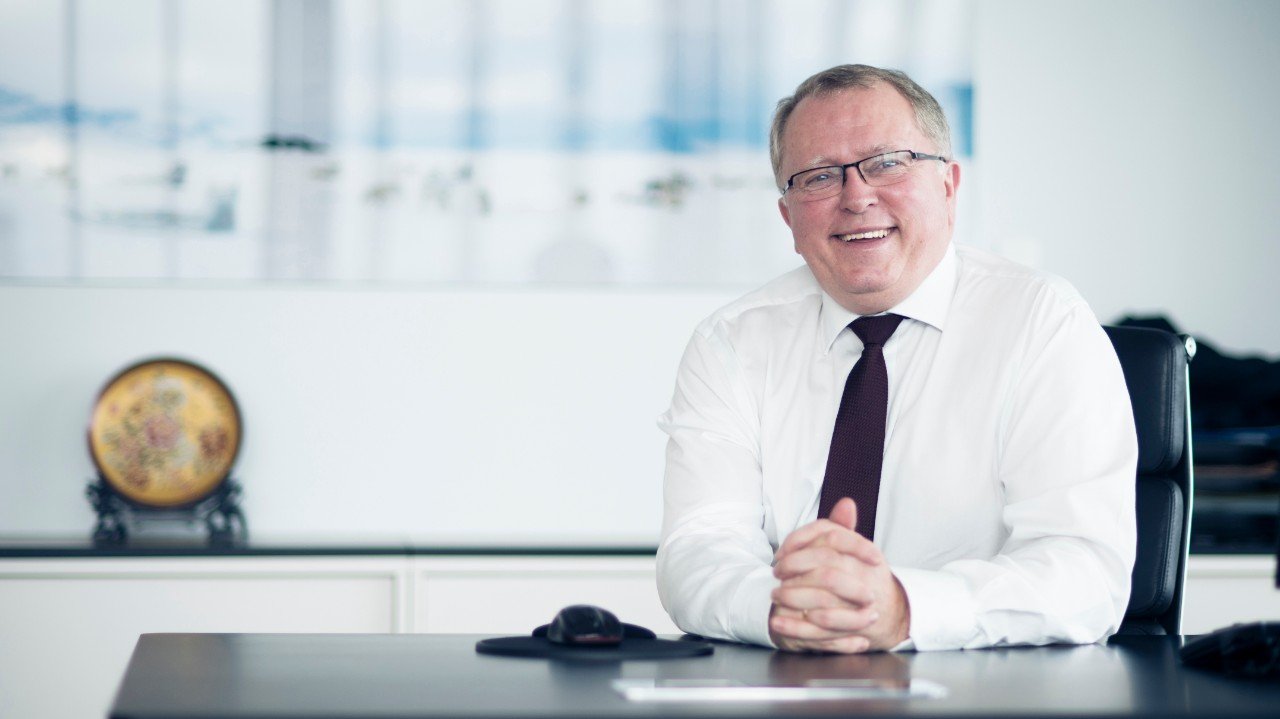
To be successful also in the next 50 years,
we must be part of the response to the great
challenges facing the world.
BY ELDAR SÆTRE, CHIEF EXECUTIVE OFFICER, STATOIL
TECHNOLOGICAL QUANTUM LEAPS
The story about our industry is a story about innovation and technology development. New resources can be produced in ever better ways. A technological shift that will change our industry forever is now underway.
Over the next three years, Statoil will invest NOK 1 to 2 billion in gaining a global leadership position within digitalization, and we are prepared to increase this further going forward. The dominance of the big oil platforms may soon be over. The production of the future will increasingly be subsea, with lighter installations, unmanned, robotized, remotely operated and standardized. Safer, more profitable, and with lower emissions. We use technology from other industries, and we contribute by investing in and maturing technologies, for the benefit of both of ourselves and other industrial clusters.
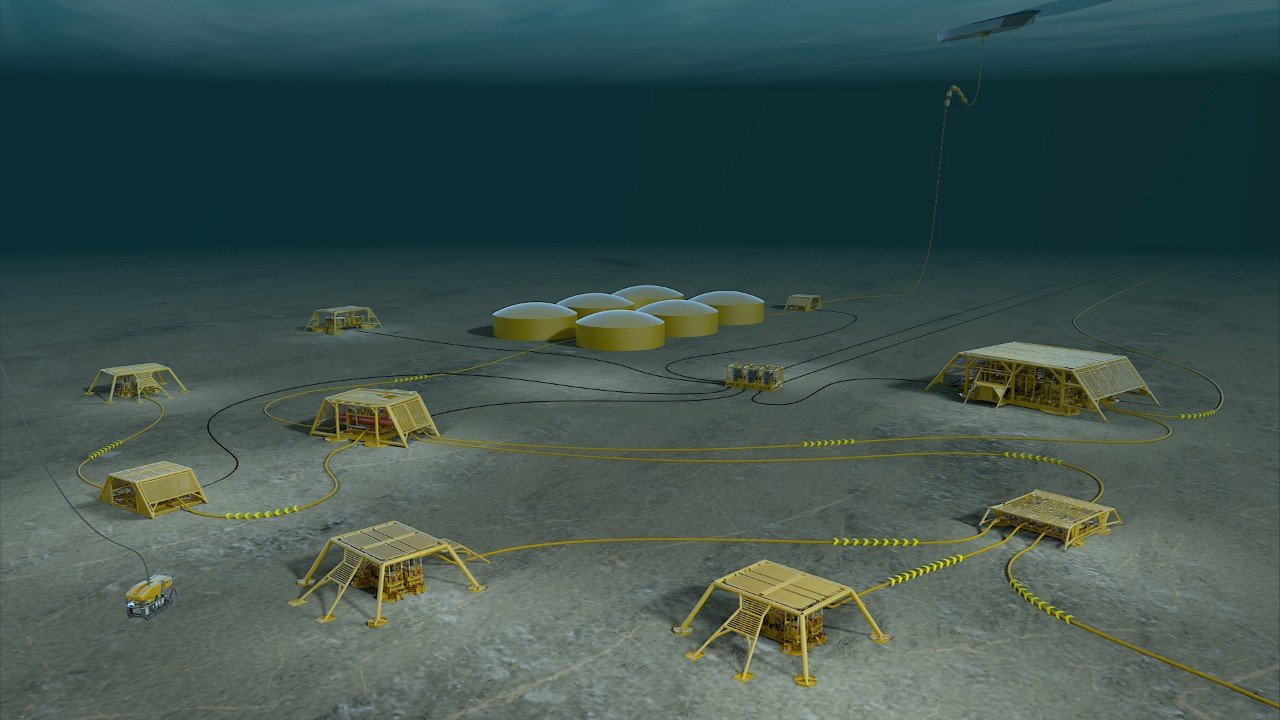
OPPORTUNITIES AND CHALLENGES
Climate change is not a question of what you believe in. It is science. Man-made climate change is happening and will have dramatic consequences if we fail to stop it. This conclusion forms the basis for our decisions and investments. Statoil has the knowledge, the brains and the capital to help develop the solutions of tomorrow.
We have witnessed a growing debate about stress-testing the Norwegian economy against low-carbon scenarios. Statoil is already doing this, and we welcome the fact that Norway has now decided to do the same. Our tests have shown that Statoil is robust. Energy efficiency, oil and gas deliveries with low emissions, investments in carbon capture and storage, technology development and renewable energy are important parts of the answer both for Statoil and Norway. And this will also be Norway’s main contribution to addressing the global climate challenge. A profitable oil and gas industry will also drive technology and competence development of importance far beyond our industry, and the continuous transformation Norway needs.
To be successful also in the next 50 years, we must be part of the response to the great challenges facing the world. We will, therefore, continue turning natural resources into energy for people and sustainable progress for the society we are part of.



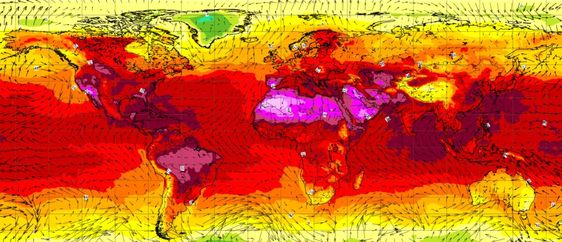
4 Comments
Pingback: relaxing outdoor coffee shop ambience
Pingback: DMT CRYSTALS
Pingback: Dan Helmer
Pingback: ชอบหีสวย.com